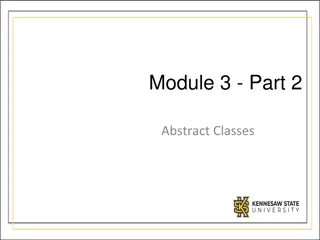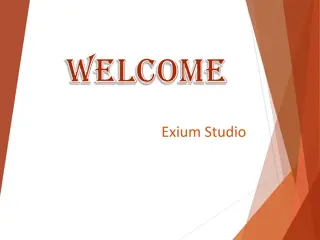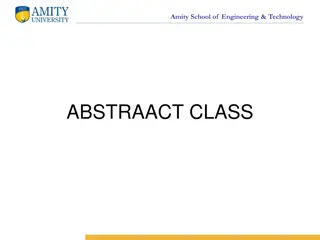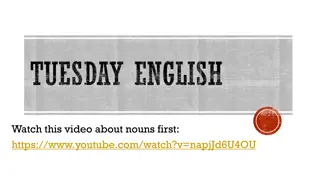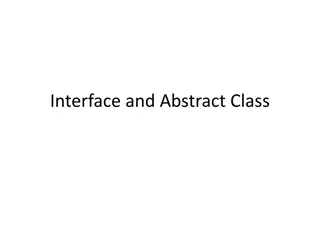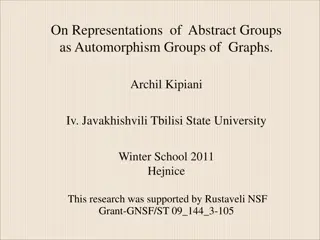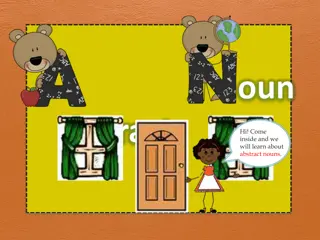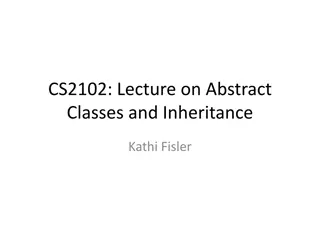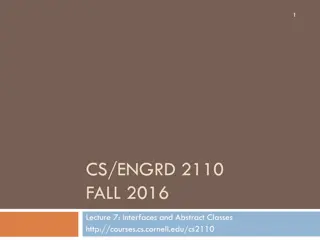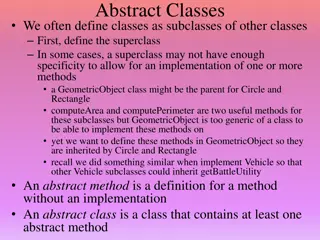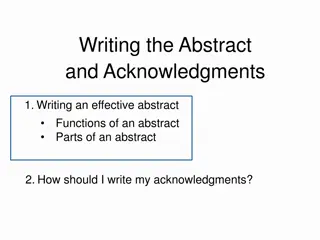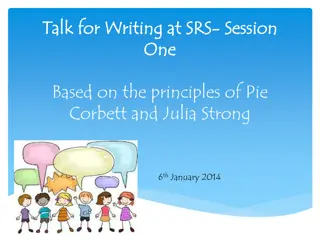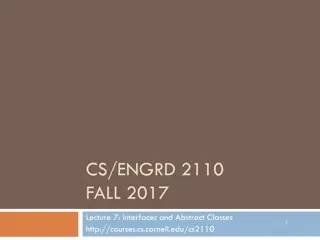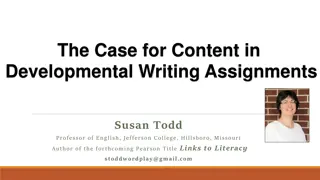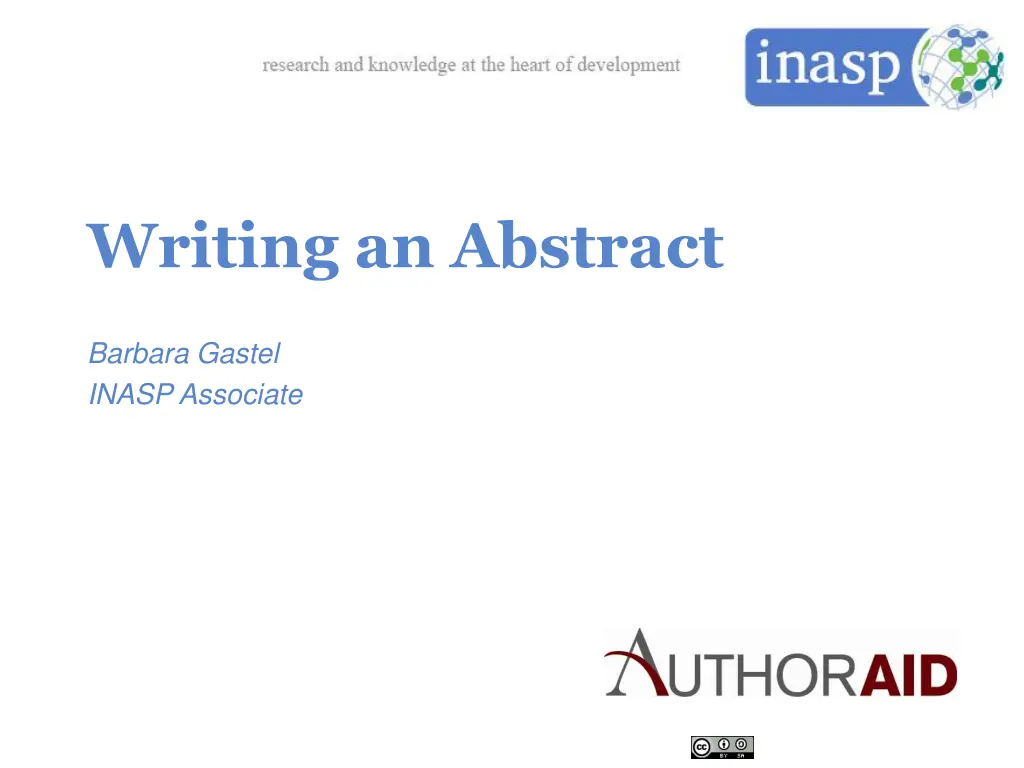
Crafting Effective Abstracts: A Comprehensive Guide
Learn the importance of writing an abstract, providing keywords, and revising it effectively. Discover tips on structuring your abstract, utilizing standardized headings, and ensuring consistency with the main paper content. Explore available resources for scientific abstract writing and enhance your skills through practical exercises and keyword inclusion strategies.
Download Presentation

Please find below an Image/Link to download the presentation.
The content on the website is provided AS IS for your information and personal use only. It may not be sold, licensed, or shared on other websites without obtaining consent from the author. If you encounter any issues during the download, it is possible that the publisher has removed the file from their server.
You are allowed to download the files provided on this website for personal or commercial use, subject to the condition that they are used lawfully. All files are the property of their respective owners.
The content on the website is provided AS IS for your information and personal use only. It may not be sold, licensed, or shared on other websites without obtaining consent from the author.
E N D
Presentation Transcript
Writing an Abstract Barbara Gastel INASP Associate
Overview Writing an abstract Providing keywords
The Abstract First to Be Read but Last to Be Revised
The Abstract Briefly summarizes the paper Tends to be widely read Gives editors and peer reviewers their first impression of the paper Should be organized like the paper (for example, in sort of a mini-IMRAD format) Some journals have structured abstracts (with standardized headings)
The Abstract (cont) Depending on the kind of paper and the journal, may be informative (summarizing the content of the paper) or just indicative (stating the topics included) Should be carefully revised before the paper is submitted Be sure the content is consistent with that in the body of the paper.
Resources Writing the Scientific Abstract (presentation by Susan Aiello) Writing Abstracts (presentation by Barbara Gastel) Note: For more resources, please search the AuthorAID Resource Library, using the terms abstract and abstracts.
Exercise Look at the instructions to authors that you brought or received. What, if anything, does it say about abstracts? Look at the published paper that you brought or received. Does it contain an abstract? If so, what do you notice about it? If you brought a draft of a paper, does it contain an abstract? If so, what are some strengths of the abstract, and what might be improved? Please share your observations and thoughts with other members of your small group. 07/05/2025 7
Keywords Requested by some journals Indicate the subject matter of the article Appear below the abstract Can aid in indexing and searching Often helpful to use terms from standardized vocabulary lists in your field Commonly shouldn t be terms in the title
Exercise Look at the instructions to authors that you brought or received. What, if anything, does it say about keywords? Look at the published paper that you brought or received. Does it contain keywords? If so, what do you notice about them? If you brought a draft of a paper, does it have keywords? If so, note strengths and think of potential revisions. Share your observations and thoughts with the rest of your small group.
In Conclusion Questions and answers Wrap-up 07/05/2025 10
This work is licensed under a Creative Commons Attribution ShareAlike 4.0 International licence. 07/05/2025 11

